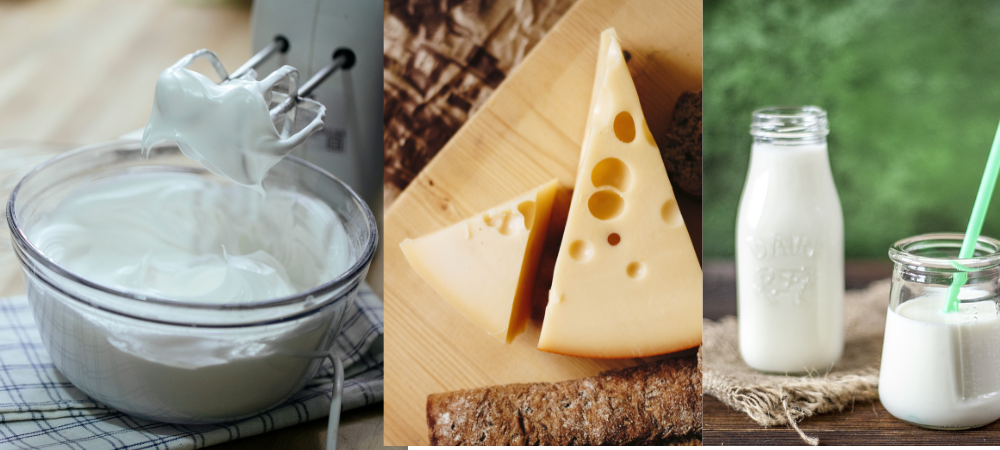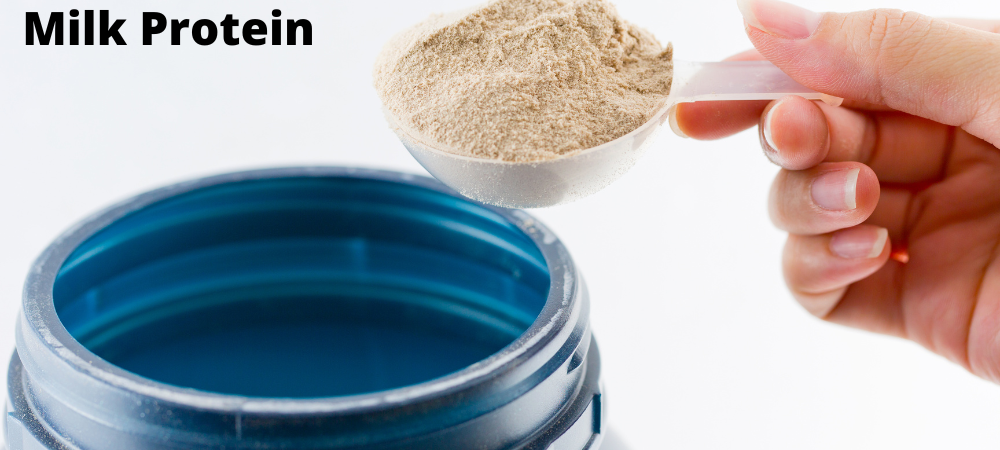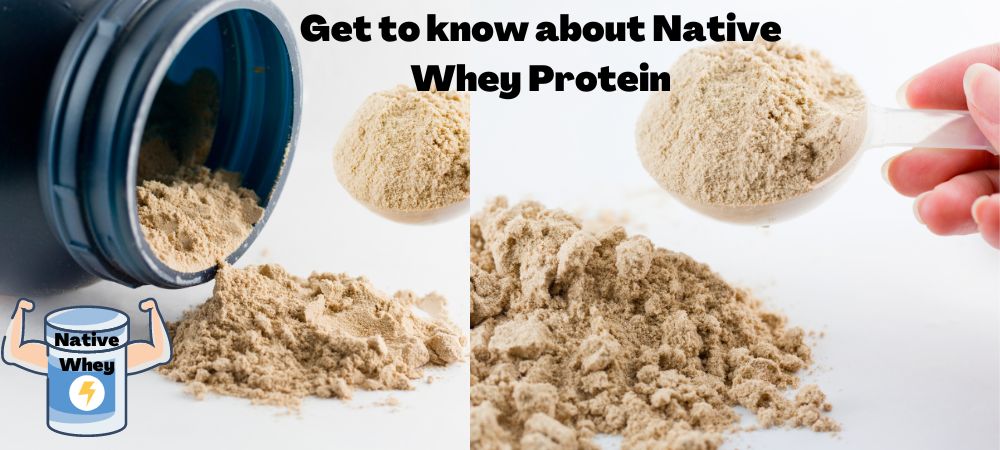Desi cow ghee is known as an important part of Pakistani and Indian cuisine. Traditionally, pure ghee can be used in various delicious recipes like Dal, Chapatis, and dry fruits halwa. While it adds a unique flavour to regular diets, it is important to know the benefits of desi cow ghee.
Before anything else, let’s explore information on ghee
What is Desi Cow Ghee?
Ghee has been utilized in sub-continent regions for thousands of years. Originally, the word “ghee” is a Sanskrit word that means “sprinkled”. It is a form of clarified butter and is traditionally obtained from cow milk.
Desi ghee is produced by heating butter (a dairy product), which allows the separation of milk solids and the liquid portion from the fat. This separation is achieved through boiling butter, resulting in the evaporation of liquid and settling of milk solids at the bottom. Finally, ghee (oily portion) is cooled and strained before storing in containers (1).
Since milk solids are removed in the production process, desi cow ghee can be easily stored at room temperature for a few weeks.
Nutritionally, about one tablespoon of ghee (14 grams) contains:
- Calories: 123
- Fat: 14 grams
- Saturated fat: 9 grams
- Protein and Carbs: Trace amount
- Vitamin E: 3% of Daily Value
- Vitamin A: 13% of Daily Value
- Vitamin K: 1% of Daily Value (1).
Interesting Facts: Ghee is famous as an Ayurvedic (ancient Indian medical system) miracle due to its benefits. It is known as ghrita in the ayurvedic system.
India is the largest producer and consumer of desi ghee. In 2018, It was estimated that combined ghee and butter production is about 5.6 million metric tons in India (2).
Benefits of Desi Cow Ghee:
There are various scientifically proven health benefits of desi ghee.
Source of Energy:
Desi cow ghee is considered a superior source of energy compared to other fats and oils due to the presence of medium-chain fatty acids. These fatty acids are absorbed directly by the liver and provide consistent energy (3).
Source of Essential Vitamins:
Desi ghee is a rich source of fat-soluble vitamins, including A, D, E, and K. These vitamins are essential for humans and assist in normal body functioning. Vitamin A in ghee helps in maintaining eye and skin health. Also, vitamin E act as a natural antioxidant and aid in decreasing the risk of cancer, arthritis, and heart disease (4). Similarly, it is especially rich in vitamin K2, which also acts as an antioxidant.
Provide Conjugated linoleic acids (Anti-viral):
Scientific research has shown that ghee contains a rich content of conjugated linoleic acids, which is an antioxidant and has anti-cancer and antiviral properties (5). It is also beneficial for high cholesterol conditions (1).
Ghee obtained from grass-fed cows will be especially rich in vitamin K2 and conjugated linoleic acids (5).
Improve Digestive Health and Immunity:
Desi ghee has been reported to contain butyric acid, a short-chain fatty acid, which is not present in other oily alternatives. Butyric acid helps in the reduction of gut inflammation and improves digestive health (1). Moreover, according to scientific research, butyric acid assists in the production of killer T cells in the gut, which is responsible for a strong immune system (6).
Although a healthy human body can make butyric acid from fiber, it has been proven that an unhealthy digestive system is unable to produce butyric acid. In this scenario, desi ghee could be an excellent choice for unhealthy persons (6).
Helps in Obesity:
Medium-chain fatty acids present in desi cow ghee help to combat obesity. Fats like linoleic acid can burn other fats present in the body, resulting in weight loss. Scientific evidence has also reported that medium-chain fatty acids can result in higher weight loss as compared to olive oil (7).
Thus, desi ghee can be helpful in reducing excessive weight gain and the mass of body fat.
Improve Heart Health:
Cow ghee contains relatively high concentrations of omega-3 fatty acids, which are famous for improving heart health and the cardiovascular system. If included in a balanced diet, ghee can be beneficial for decreasing unhealthy cholesterol levels (8).
Perfect Alternative for Lactose Products:
People with lactose intolerance often avoid dairy products due to the presence of lactose (milk sugar). But desi ghee is made from butter, and its production process involves the removal of milk solids and impurities. Therefore, only a small amount of lactose and casein is present in ghee, which makes it a perfect option for people with lactose intolerance or casein allergy (9).
Lactose intolerant can also consume some cheeses if they want to try other dairy products. Otherwise, alternative dairy-free products could be utilized.
Good Alternative to Vegetable Oil:
Desi ghee contains quality fat and has a higher smoke point than most vegetable oils. Usually, cooking requires a temperature of around 180 to 200 °C, while the smoke point of ghee is reasonably high (250 °C). Therefore, it is an excellent option to replace vegetable oil for cooking and deep frying (10).
Ayurvedic Benefits of Desi Cow Ghee
Cow ghee is a famous Ayurvedic medicine and is placed under sattvic foods. It is considered to enhance positivity, growth as well as consciousness. Moreover, it is thought to decrease the sicknesses in the body; hence, ayurvedic scripts have reported that ghee-based formulations can be used for wound healing purposes (11).
According to Ayurvedic literature, cow ghee assists our body in building sapta dhatus (7 important body tissues). In addition, it also helps in the purification of ayurvedic doshas, including vata, pitta, and kapha (12).
The consumption of desi cow ghee is thought to help keep the human body warm from the inside. This is why it is also used in various winter dishes like pinni, panjeeri, and gajar ka halwa.
Ayurvedic medicine system also introduced a ghee-based nayasa treatment for the cold and clogged nose. In this method, drops of warm and pure cow ghee are poured into the nostril to treat a clogged nose. This method is thought to provide quick relief as ghee soothes the infection (13).
However, in order to get ayurvedic benefits, cow ghee must be pure and unadulterated. Experts recommend that cows from which ghee will be obtained must not be bound in gaushalas (12). Overall, desi ghee can be obtained from grass-fed cows or made from native milk.
Potential disadvantages of desi cow ghee
Despite the various benefits of desi cow ghee, the cholesterol level in ghee is the major problem. When ghee is consumed at a high level, the bad cholesterol level (LDL) of the human body also increases rapidly, which contributes to heart diseases (14).
Additionally, when ghee is produced at high temperatures, the cholesterol gets oxidized. This oxidized cholesterol is reported to enhance the risk of cardiovascular disease (15).
Therefore, desi ghee must be used in limited for people who can’t afford intake of high saturated fat due to the risk of high cholesterol levels. It is recommended that such people must not take more than 1-2 tablespoons (per day) of ghee or butter (1).
People are also becoming aware of cholesterol-containing foods, which is affecting ghee marketing and uses.
Summary
Desi cow ghee is a traditional dairy product with superior fatty acids as compared to most oils. It contains fat-soluble vitamins (like A, D, E, and K), which are essential for normal body functioning. The various benefits of ghee have been reported in both scientific and ayurvedic literature. Although desi ghee is a better choice for cooking and different food recipes, it should be used in moderation. Moreover, the cholesterol content of desi cow ghee remains a major concern. It’s always better to consult your doctor or nutritionist to know the amount of ghee you can consume.




